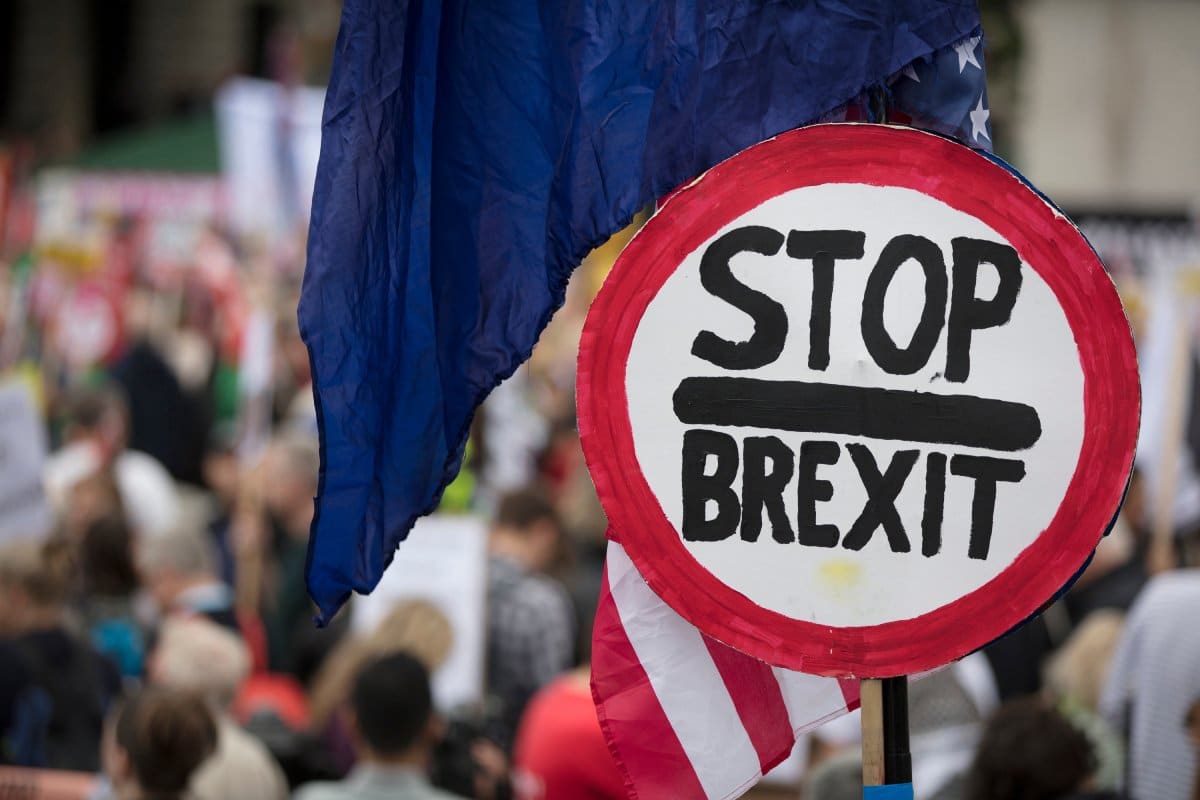The term ‘Brexit’ has saturated our discourse, leading to fatigue and division. With a Labour government now in power, is it time to retire the word once and for all?
1. Overuse in Media

The relentless use of ‘Brexit’ in news outlets has exhausted the public. Let’s move on to more constructive conversations that reflect our current political landscape.
2. Political Polarisation
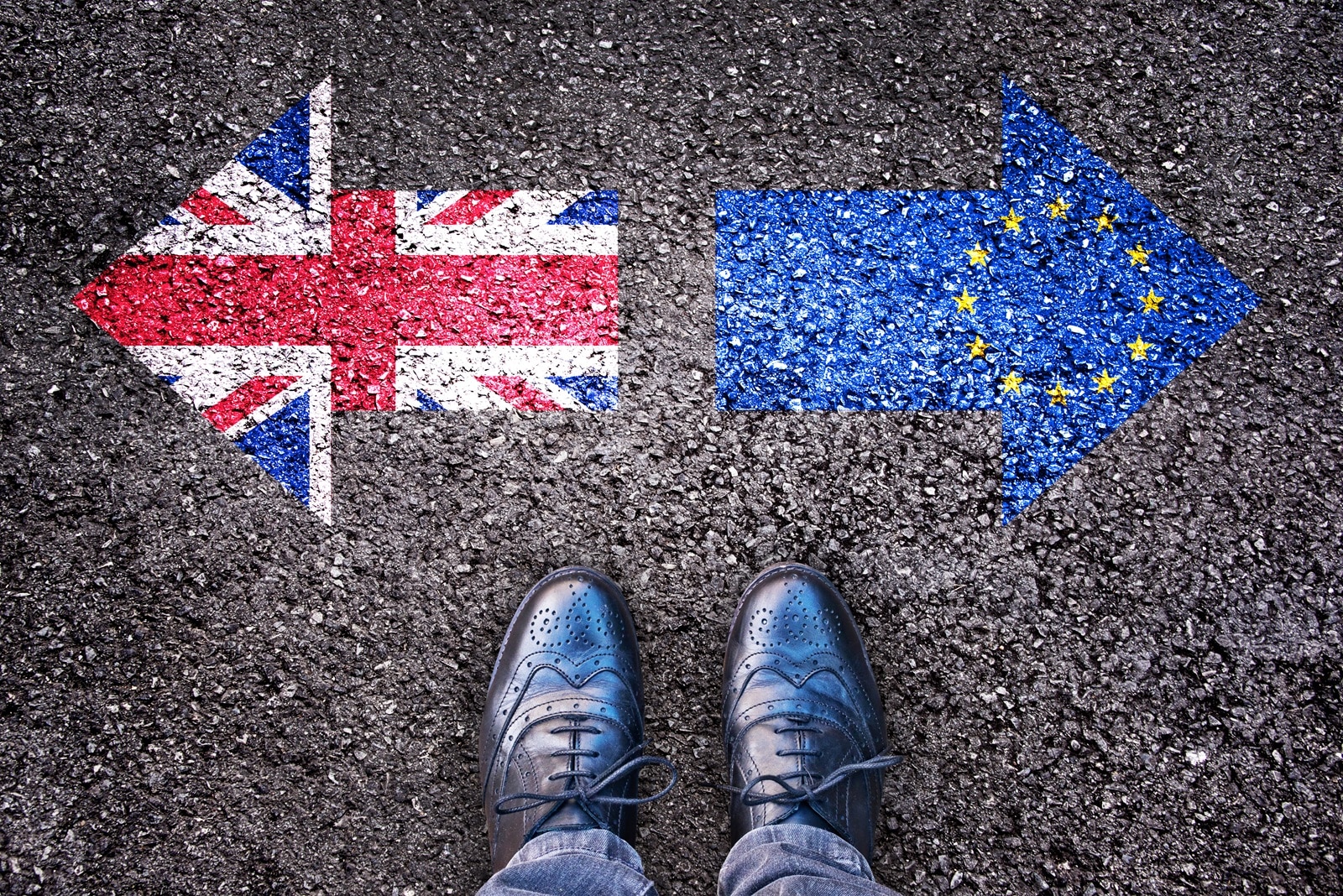
‘Brexit’ has become a symbol of deep political divides. Banning the word could help heal some of these rifts, especially under new leadership.
3. Economic Uncertainty

The term is often associated with economic instability. Banning it might reduce the constant reminder of financial fears and help focus on new economic policies.
4. Social Division

‘Brexit’ discussions have driven wedges between friends and family. Eliminating the word might ease these tensions and foster unity.
5. Redundant Debates

The endless debates about ‘Brexit’ often rehash the same points. Banning the word could shift focus to new issues facing our nation.
6. Exhaustion and Fatigue

The public is tired of hearing about ‘Brexit.’ Banning it could provide a much-needed mental break and allow us to engage with fresh topics.
7. Negative Connotations
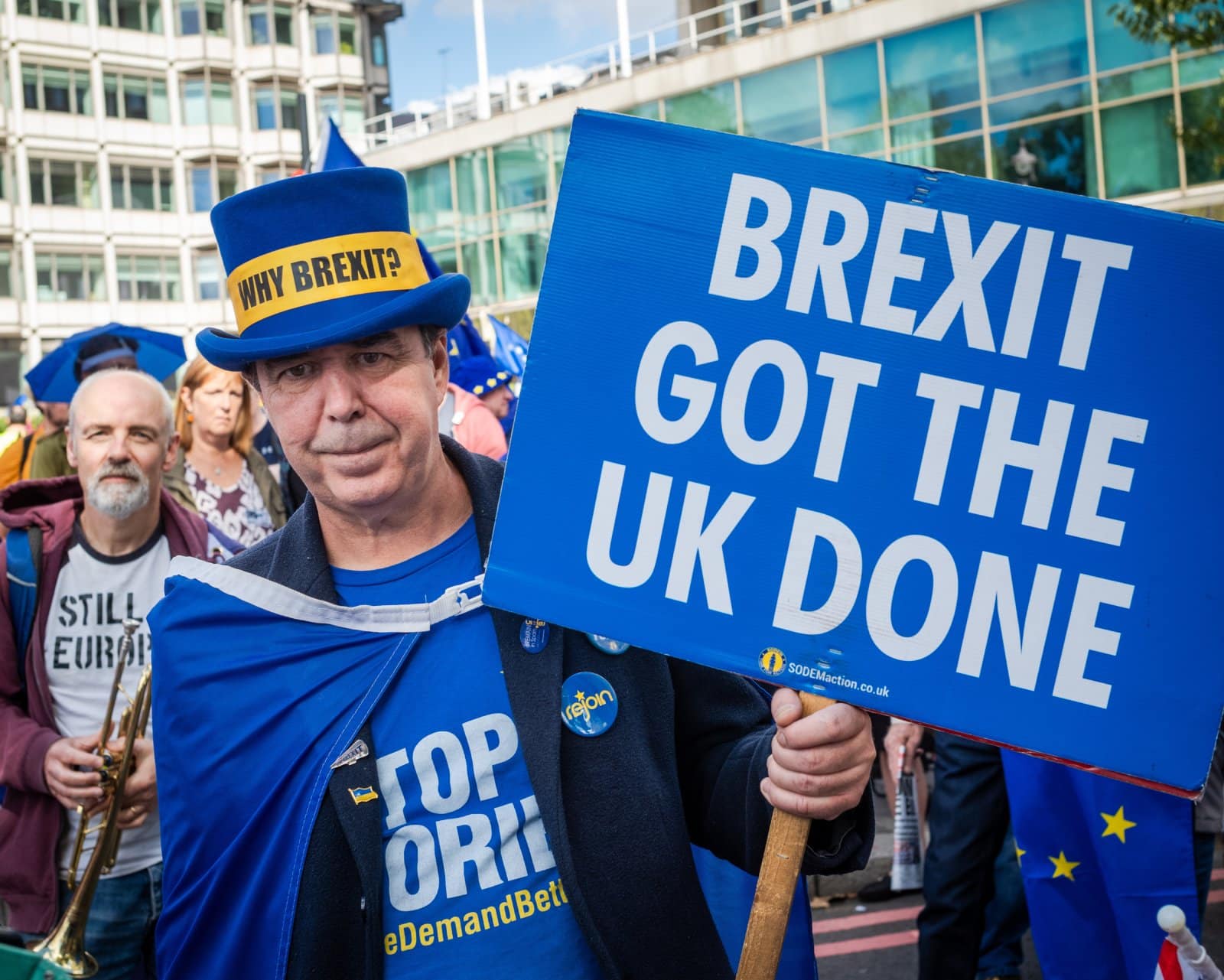
The word ‘Brexit’ often carries a negative tone. Removing it from the lexicon might promote a more positive outlook.
8. Policy Paralysis

Constant focus on ‘Brexit’ has hindered progress on other important policies. Banning the term might allow new priorities to emerge under Labour.
9. International Perception
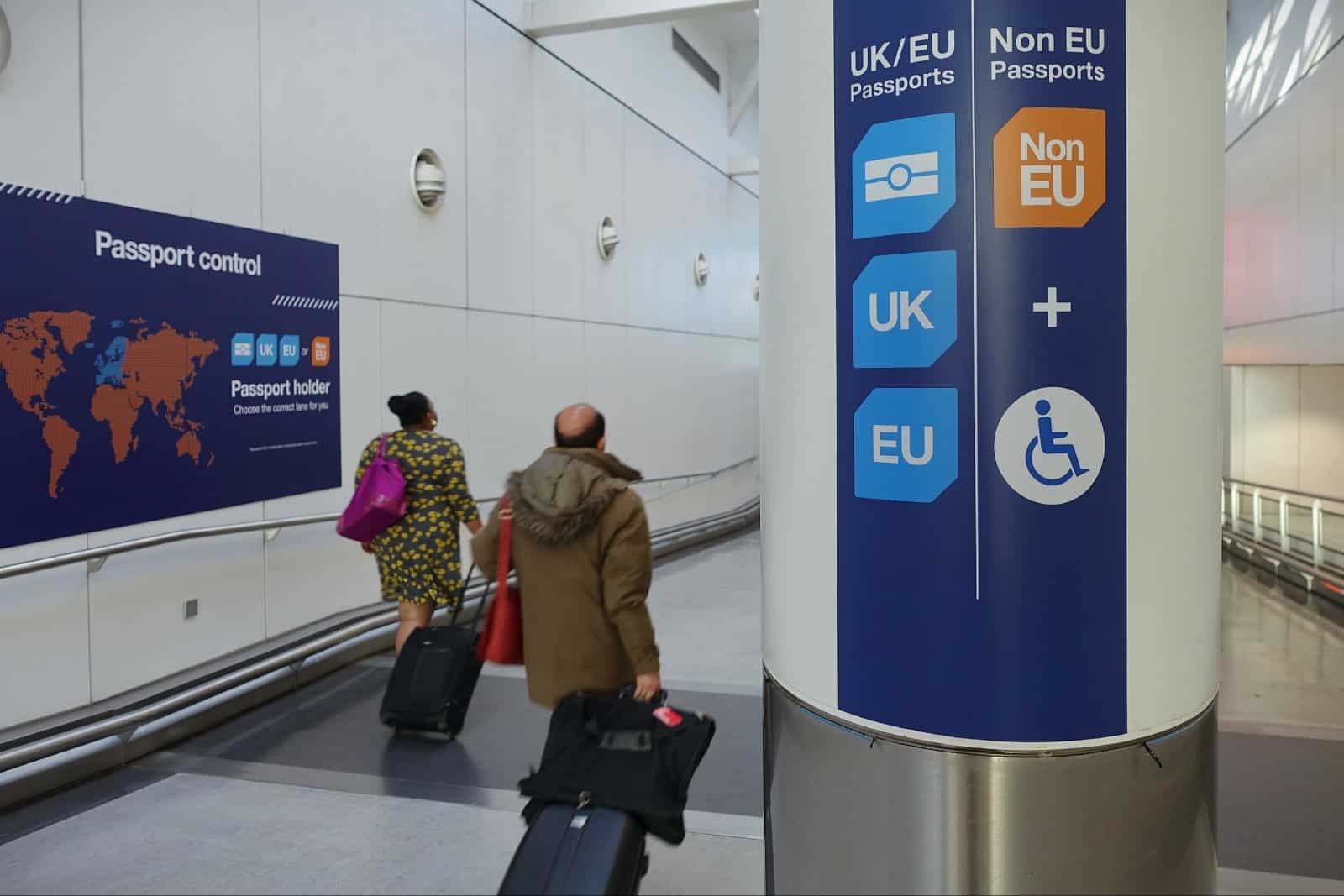
‘Brexit’ has affected how other countries view the UK. Retiring the word might improve international relations and reset our global image.
10. Media Manipulation

The term is often used to manipulate public opinion. Banning it could lead to more honest and straightforward reporting.
11. Misinformation

‘Brexit’ has been the centre of much misinformation. Banning the word might help curb the spread of false information.
12. Emotional Strain

The constant mention of ‘Brexit’ can cause stress and anxiety. Removing the term could improve public mental health.
13. Overly Simplistic
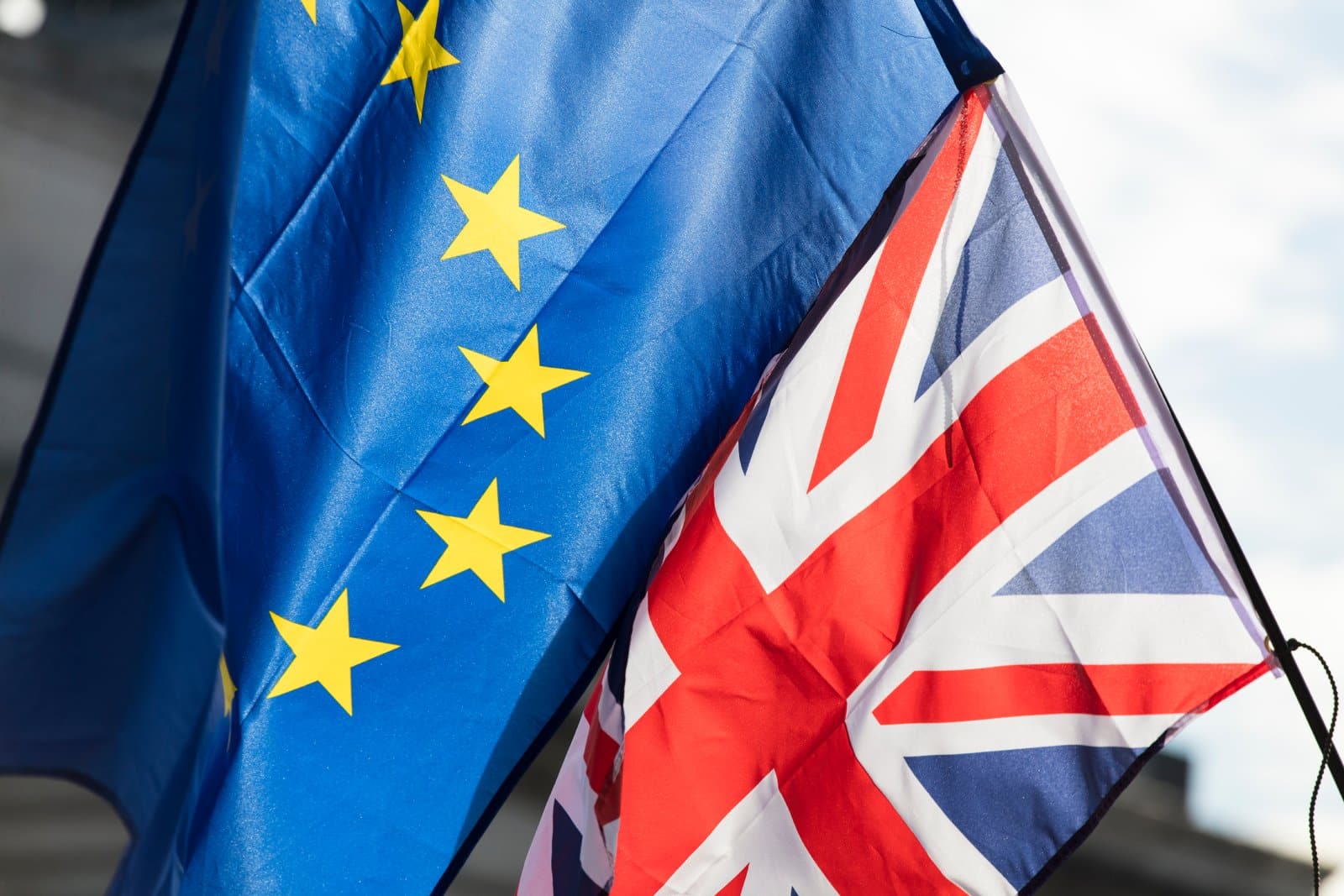
‘Brexit’ oversimplifies a complex situation. Banning it might encourage more nuanced discussions.
14. Political Weapon

The word ‘Brexit’ is often used as a political weapon. Banning it could lead to more respectful discourse.
15. National Identity Crisis
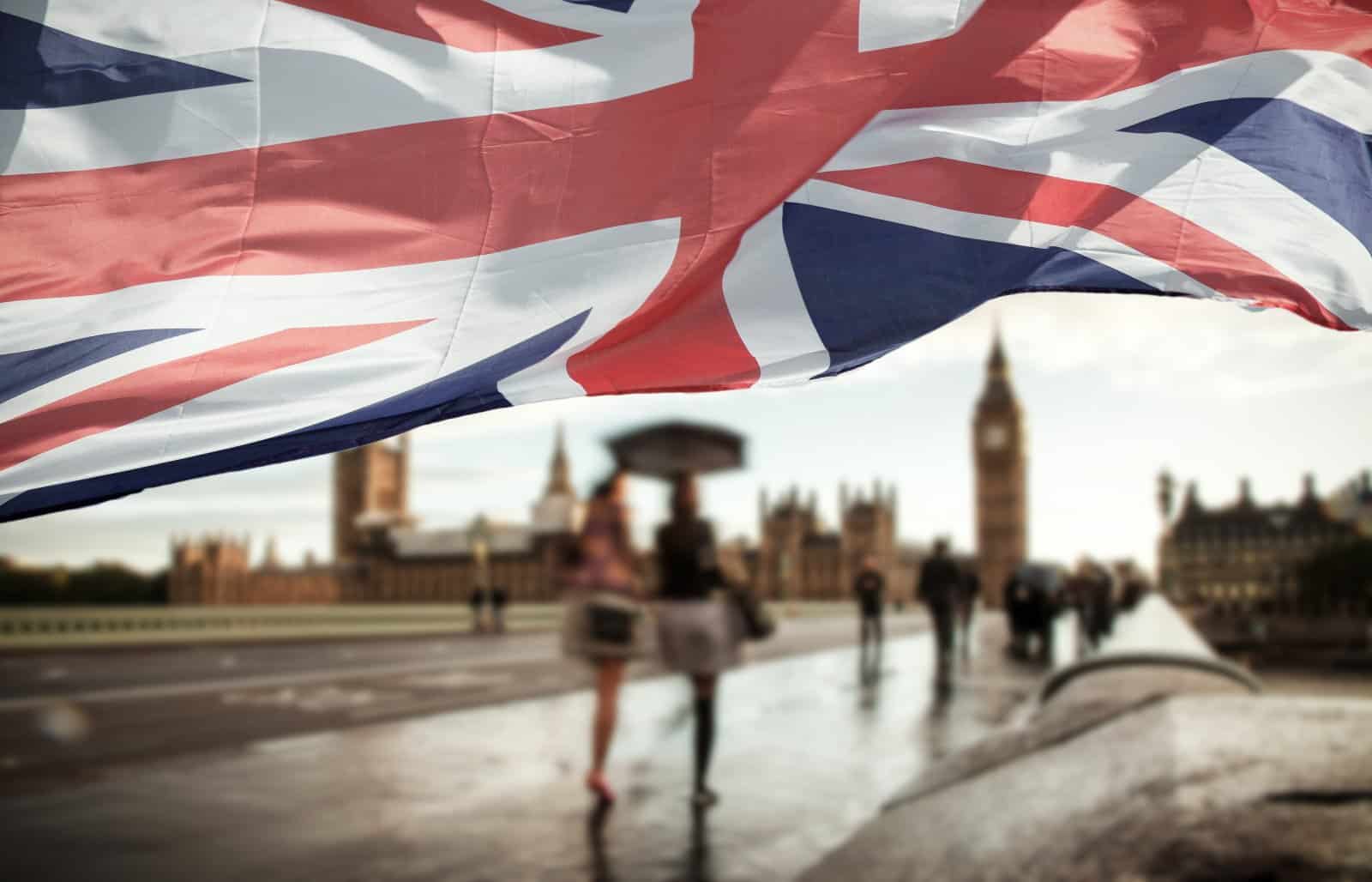
‘Brexit’ has contributed to a crisis in national identity. Banning the term might help the UK find a new, unified identity.
16. Distraction From Real Issues

The focus on ‘Brexit’ distracts from other critical issues. Banning the word could refocus attention on what truly matters.
17. Social Media Echo Chambers

‘Brexit’ has fueled echo chambers on social media. Banning the word might promote more diverse viewpoints.
18. Economic Focus

The term often narrows the economic debate. Banning it could open up discussions on broader economic strategies.
19. Simplified Narratives

‘Brexit’ reduces complex narratives to a single word. Banning it might encourage more detailed and accurate storytelling.
20. Public Policy Stagnation

Endless ‘Brexit’ discussions have led to policy stagnation. Banning the word could rejuvenate policy development under Labour.
21. Fresh Start
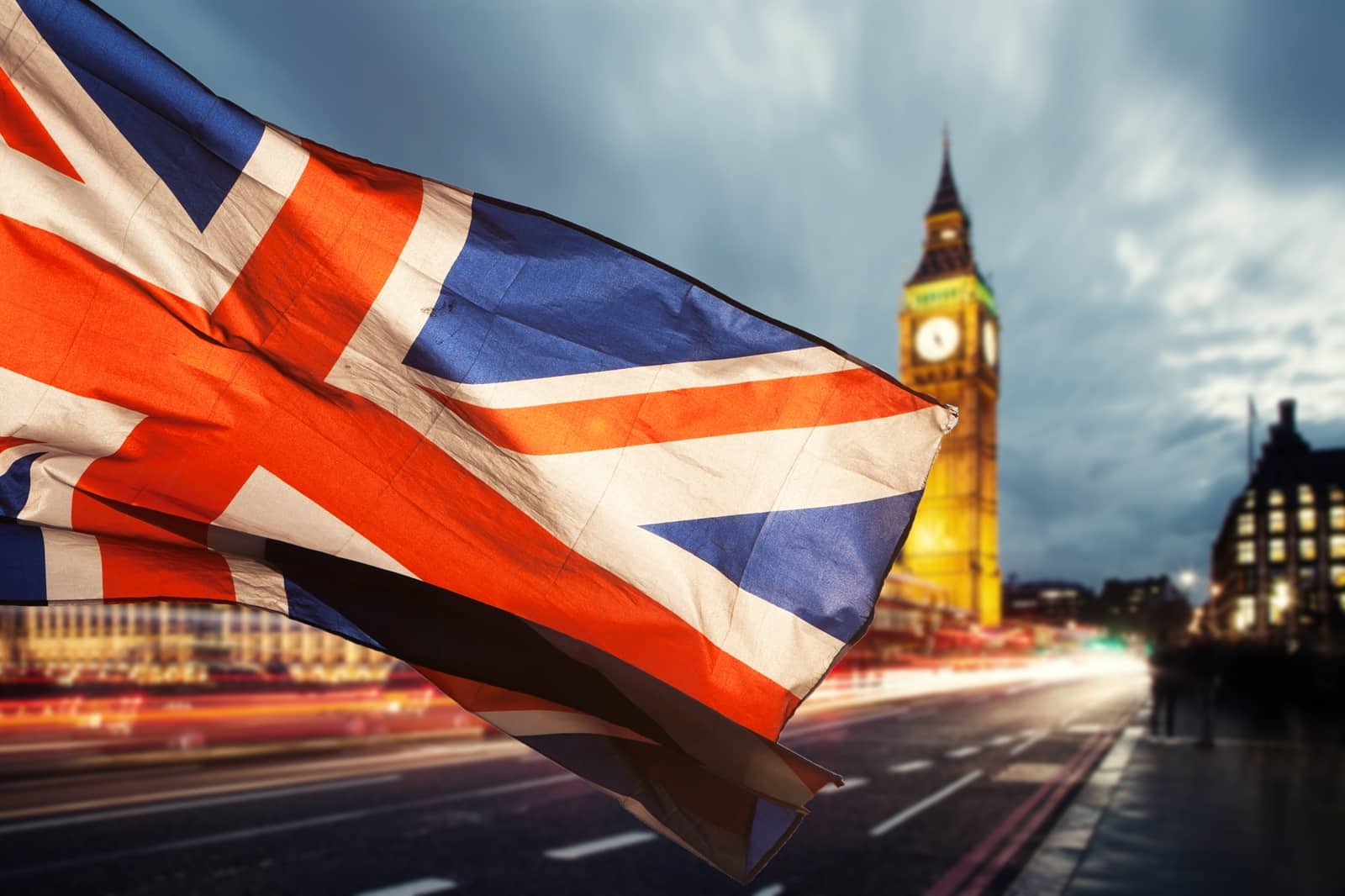
Banning ‘Brexit’ offers a symbolic fresh start for the UK. It’s time to move forward with a new vocabulary and mindset.
Time to Move On
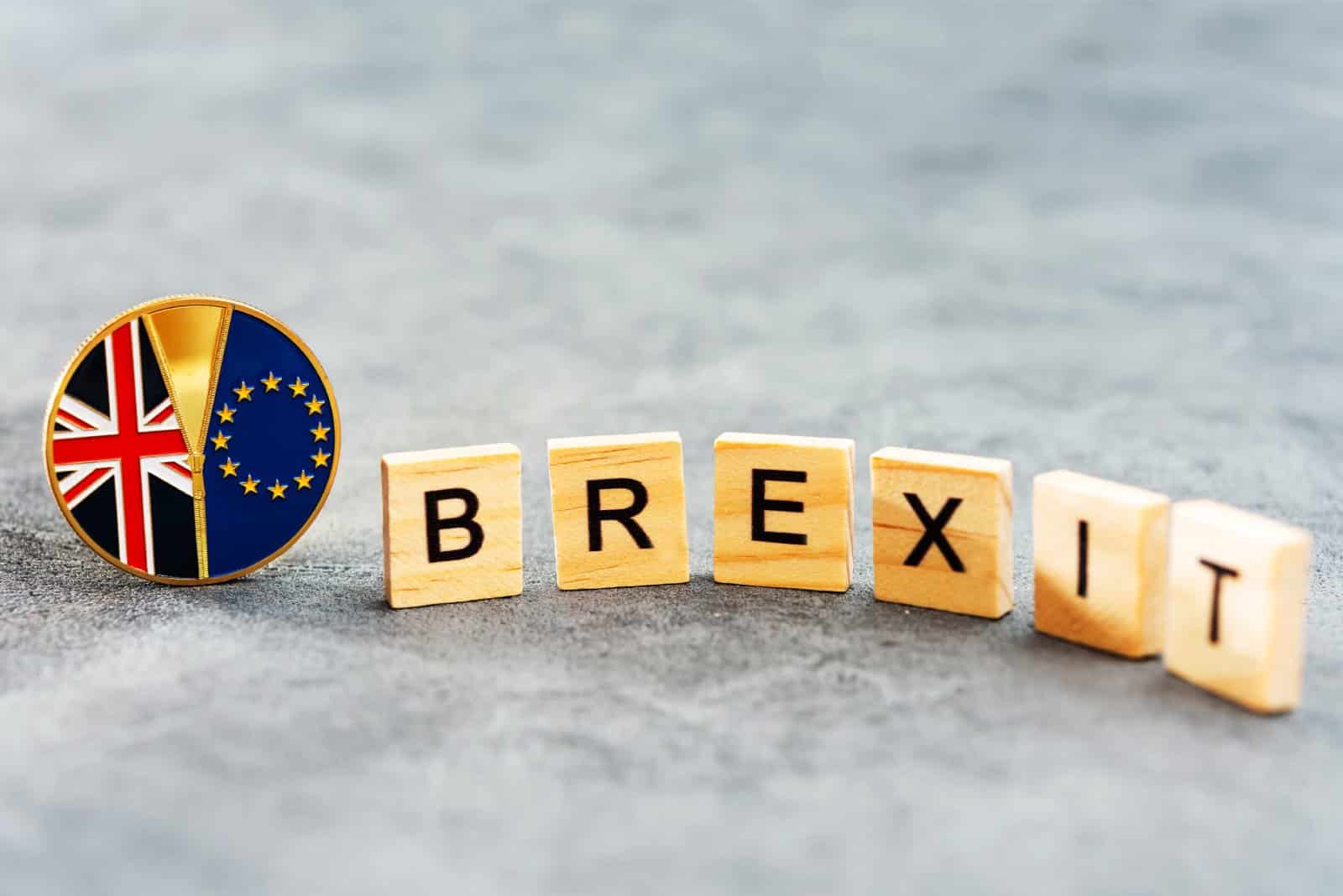
It’s clear that ‘Brexit’ has worn out its welcome. Let’s ban the word and focus on building a better future for all.
10 Worst Places to Live in the UK Today
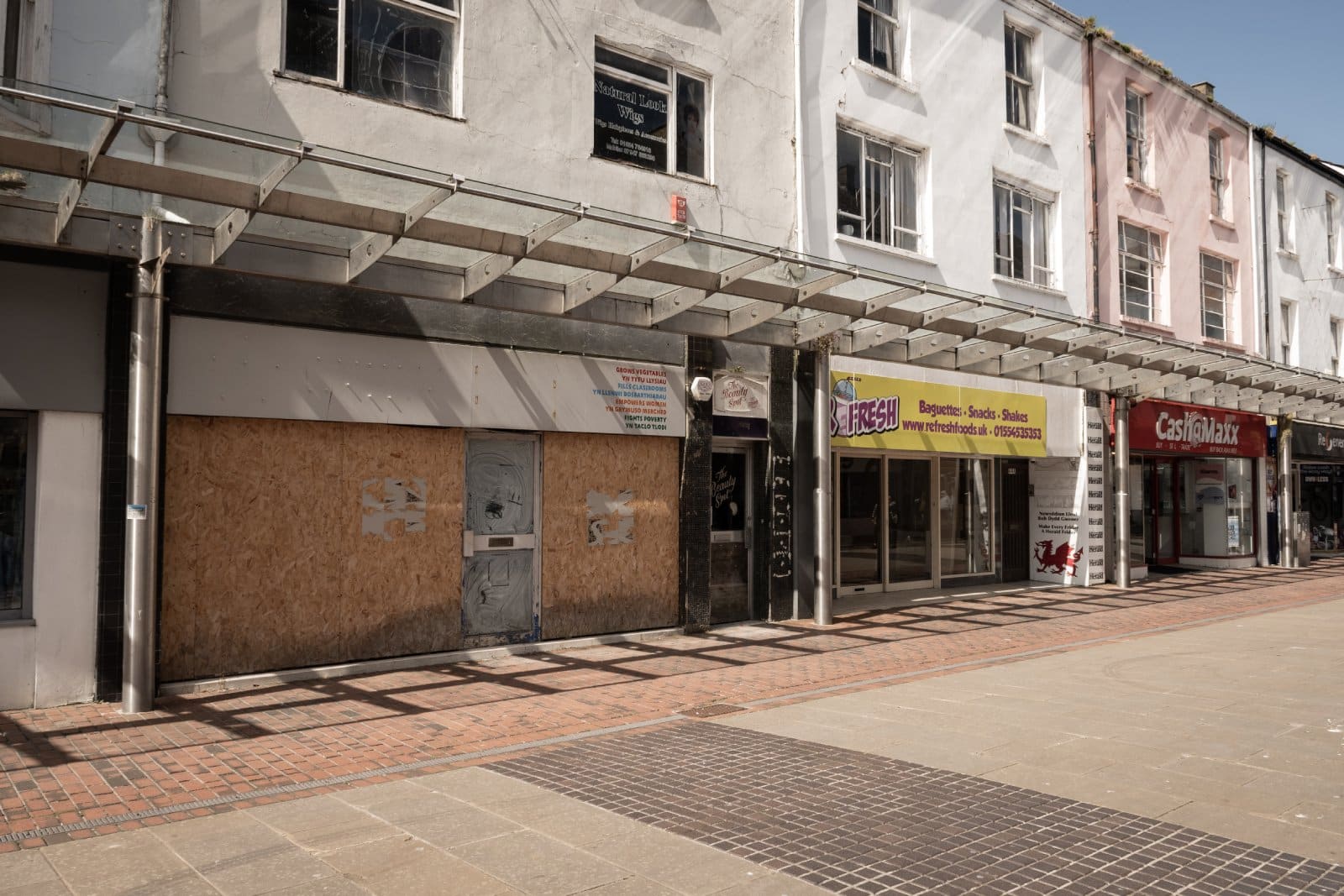
Here’s a look at the 10 worst places to live in the UK, based on statistical analysis and local sentiment, to help you understand the challenges residents may face in these areas. 10 Worst Places to Live in the UK Today
“We Will Never Come to Help You” – Trump’s Hurtful Words Raise Concerns About EU Firepower
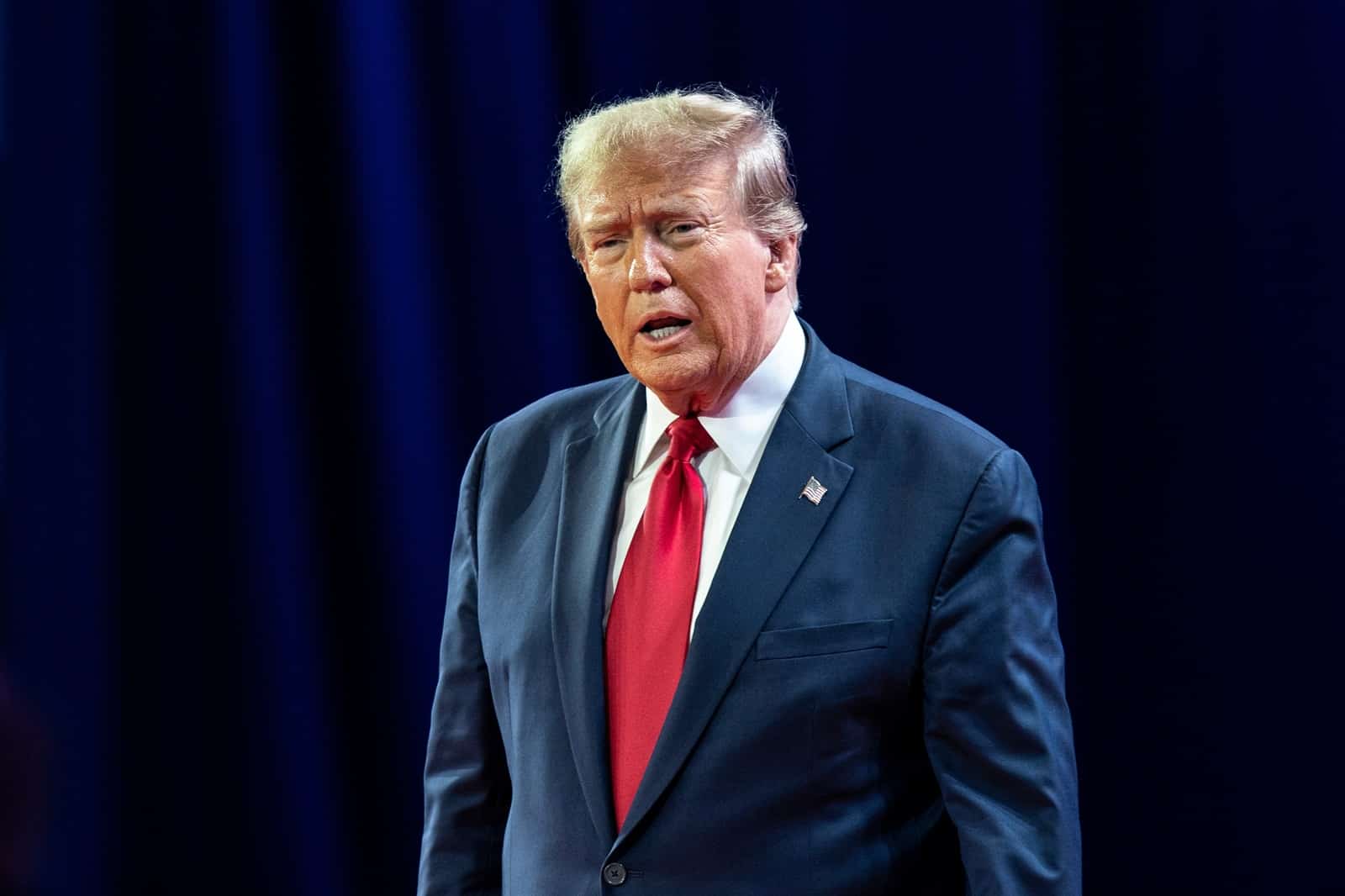
It was revealed in a conference in Brussels that former President Donald Trump said in 2020 that the US would “never help” Europe if it was attacked. Now, European nations are grouping to commit more firepower to combat Putin’s threat to democracy. “We Will Never Come to Help You” – Trump’s Hurtful Words Raise Concerns About EU Firepower
Brexit Fallout: 20 Ways the EU Is Falling Apart Without the UK
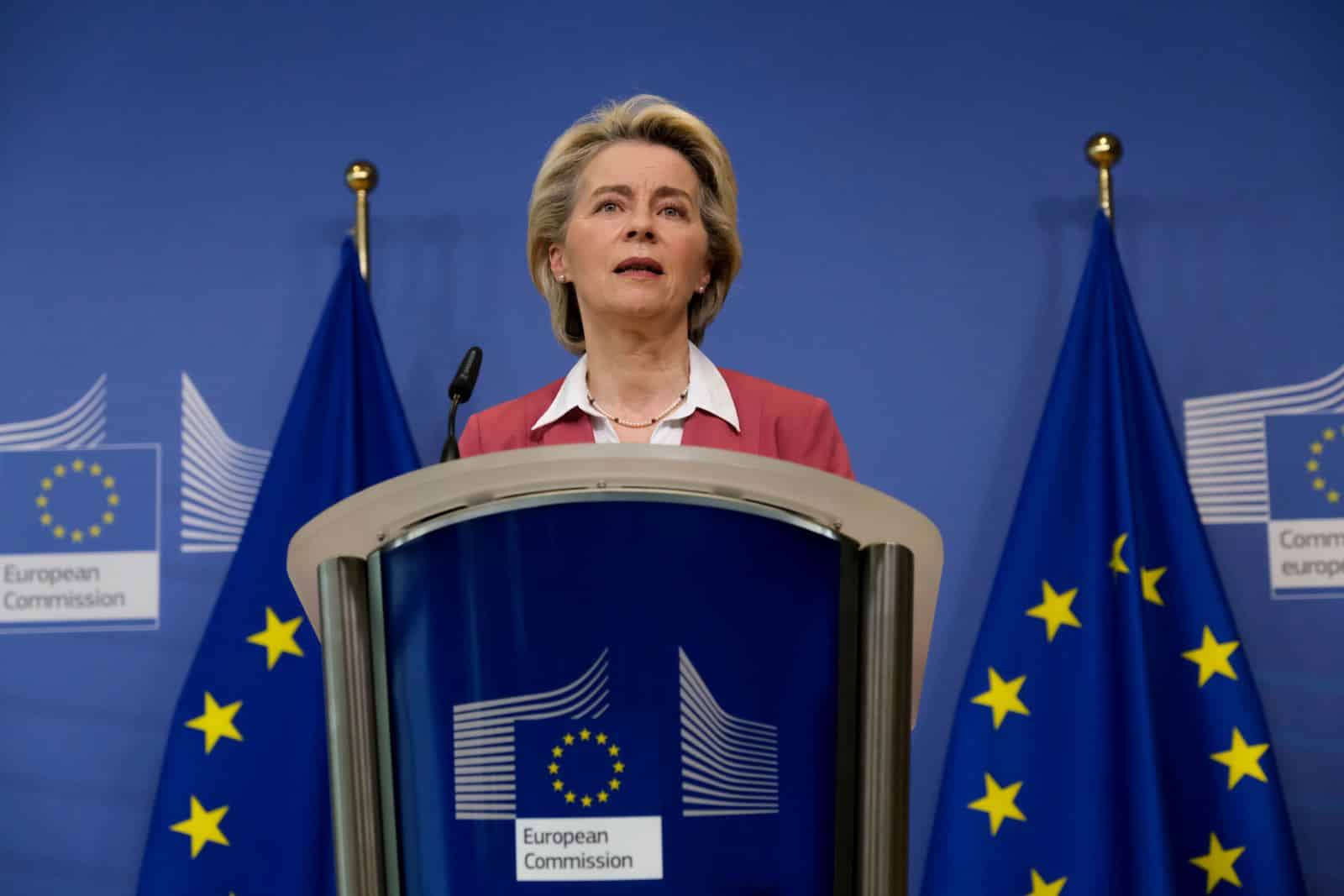
Since Brexit, the EU has been grappling with multiple crises and internal conflicts. Can the bloc hold itself together in these turbulent times? Brexit Fallout: 20 Ways the EU Is Falling Apart Without the UK
Featured Image Credit: Shutterstock / Ink Drop.
For transparency, this content was partly developed with AI assistance and carefully curated by an experienced editor to be informative and ensure accuracy.

